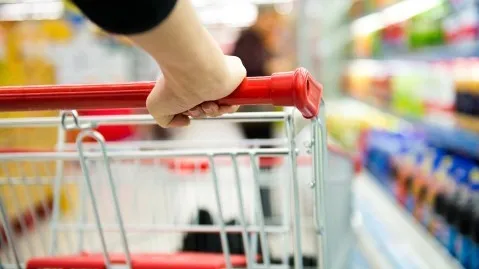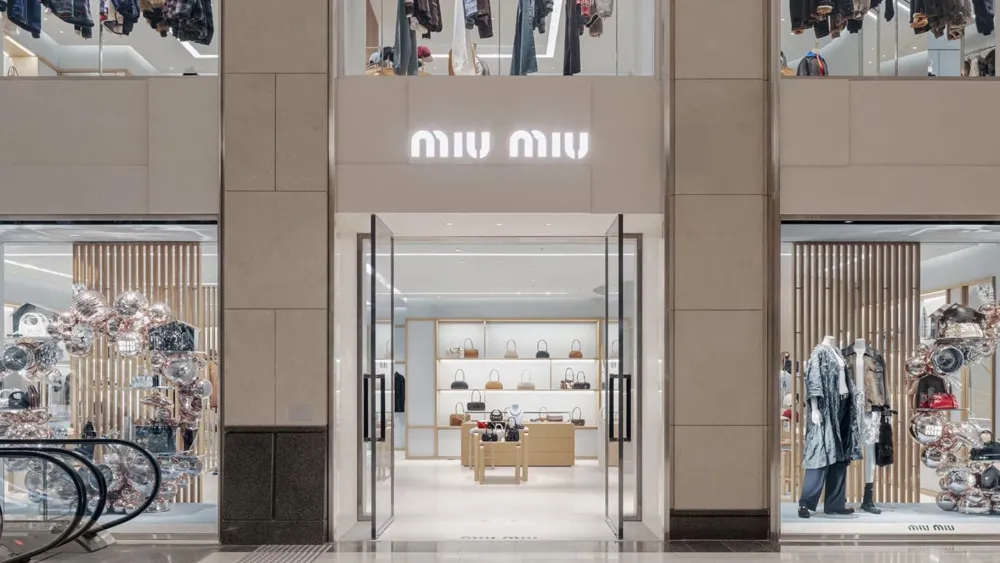
South Korea’s retail sales up 10.1% YoY in May
Sales in department stores and convenience stores rose as social distancing is lifted.
Overall retail sales in South Korea increased by 10.1% year-on-year, with both offline and online sales rising, by 9.3% and 11%, respectively, data from the Ministry of Trade, Industry and Energy showed.
The ministry based the retail sales on surveys of 25 major retailers, 13 of which are physical retailers, whilst 12 were online retailers. Of the physical retailers, three were department store chains, three were hypermarket chains, three were convenience store chains, and four were super supermarket (SSM) operators.
READ MORE: South Korea’s retail sales grow 10.6% YoY in April
In a statement, the ministry said sales of brick-and-mortar stores rose by 19.9% for department stores, and 12.5% for convenience stores. On the other hand, hypermarket sales were down 3%, and SSMs by 2.8%.
Sales at department stores jumped as the number of visitors increase due to the lifting of social distancing, with the number of purchases increasing by 11.4%. Strong growth was seen in miscellaneous (21.9%), goods, kids and sports fashion (30%), women’s casual (25.3%), and men’s clothing (24.5%).
Convenience stores also saw growth due to the normalisation of commutes to work and school. Its sales rose across most items including food products which increased 14.8% for processed food, and 12.2% for instant food.
Sales at hypermarket chains slipped as personal computers, televisions, and home interior items declined compared to last year’s COVID base effect. Home appliances suffered a 9.7% decline due to a rise in outdoor activities.
SSM sales were also down as agricultural, livestock, seafood products, and daily necessities saw a decline of 5.6% and 5.1%, respectively. Only processed food products rose by 1.7%.
Meanwhile, the rise in online sales was led by the sharp increases in cosmetic products (26.7%), food products (17.7%), and reservations for travel and performance events or services and others (17.6%).
Overall per category, sales for fashion and miscellaneous goods and services and others expanded by 17.8% and 14.2%, respectively, except for home appliances.
The number of purchases jumped by 9.9%, but the rising prices of agriculture and livestock led to a 0.5% decline.



















 Advertise
Advertise







